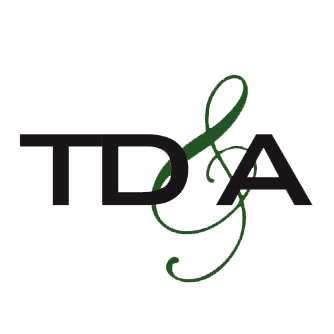Tresp, Day & Associates FAQ’s
Q: What is asset protection, and why is it important?
A: Asset protection involves legally safeguarding your assets from potential risks such as lawsuits, creditors, or financial downturns. It's crucial for preserving your wealth and ensuring financial security.
Q: What types of asset protection services do you offer?
A: We provide comprehensive asset protection solutions, including offshore and domestic strategies tailored to your specific needs and circumstances.
Q: What is high net worth estate planning?
A: High net worth estate planning focuses on preserving and transferring wealth efficiently while minimizing tax liabilities for individuals with substantial assets.
Q: What is trust administration, and why is it important?
A: Trust administration involves managing and distributing assets held in a trust according to the grantor's wishes. It ensures a smooth transition of wealth and minimizes conflicts among beneficiaries.
Q: What business services do you offer?
A: We offer a wide range of business services, including business formation, contract drafting and negotiation, compliance assistance, business succession planning, and dissolution services.
Q: What is business succession planning, and why do businesses need it?
A: Business succession planning involves preparing for the transfer of ownership and management of a business to ensure its continuity in the event of retirement, disability, or death of the owner. It's essential for preserving the legacy of the business and maintaining its operations.
Q: What compliance services do you provide?
A: We assist clients with both estate planning and business compliance, ensuring that their legal affairs are in order and they are meeting all necessary regulatory requirements.
Q: Why is compliance important for estate planning, asset protection, and business operations?
A: Compliance ensures that your estate plan, asset protection strategies, and business operations adhere to relevant laws and regulations, reducing the risk of legal challenges and maximizing their effectiveness.

